The Post Office Horizon scandal has rightly been described as the biggest miscarriage of justice in UK history.
Last week, Scotland Yard announced it is investigating potential fraud offences relating to the handling of the scandal.
A public inquiry into what went so terribly wrong and – crucially – who knew what and when, is expected to conclude this year.
Answers alone will be of little comfort to the victims of this scandal. There must be accountability, too.
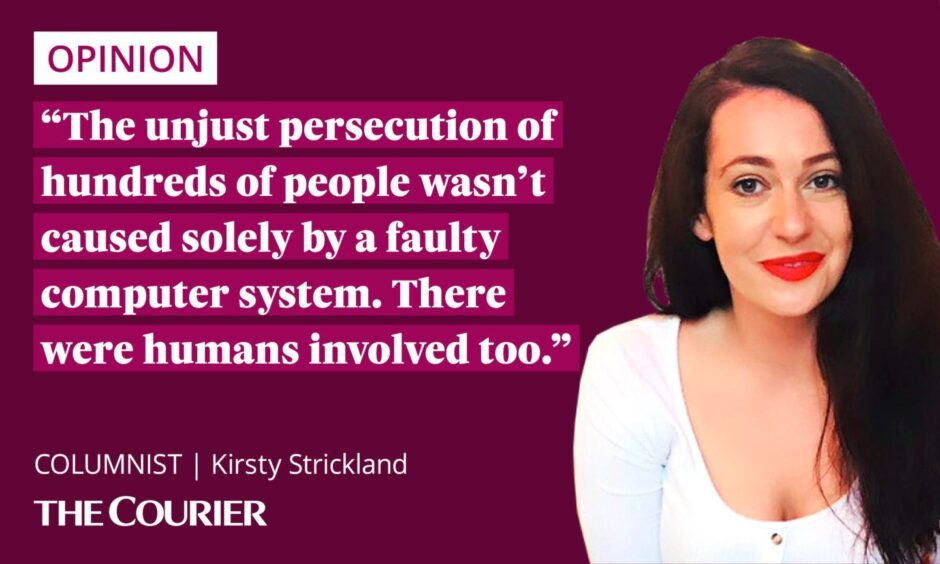
Between 1999 and 2015, hundreds of sub-postmasters and mistresses were wrongly prosecuted over allegations of theft and fraud, based on evidence from the faulty computer system, Horizon.
The ramifications of that injustice were felt far and wide: hundreds were jailed or made bankrupt over the allegations.
Tragically, at least four people impacted by the scandal have since died by suicide.
The story finally got the attention it deserves after ITV drama Mr Bates vs the Post Office highlighted the enormous human cost of this long-running scandal.
We don’t know exactly how many people in Scotland were affected, but in 2020, the Scottish Criminal Cases Review Commission wrote to 73 possible victims in Scotland.
Given the renewed focus on the Post Office Horizon scandal, more people who were wrongly accused are expected to come forward in the coming days and weeks.
It is important that they are heard.
If this was a tale involving nothing more than technical glitches and computer bugs causing unforeseeable havoc, it would be bad enough.
But the unjust persecution of hundreds of people wasn’t caused solely by a faulty computer system.
There were humans involved too.
When bugs in the computer system wrongly suggested that money was going missing, victims were falsely told that they were the only ones who had reported any problems.
You can imagine the stress and pressure that would put on a person, as they worried that their own error had caused an unexpected short fall in the accounts.
The Post Office then used bully boy tactics to pressurise sub-post masters and mistresses into accepting charges of false accounting, under threat of being prosecuted for the more serious charge of theft if they refused to do so.
During the eventual civil case into this appalling saga, the Post Office opted for a combative approach instead of showing the contrition victims deserved.
The checks and balances and good old fashioned bureaucracy that should have stopped innocent people being wrongly accused and convicted for imaginary crimes was totally absent at the time of the scandal.
Questions must be answered over Post Office scandal
And questions need to be answered as to why.
But the red tape is miraculously back in place now, as victims battle to have convictions overturned and seek compensation for the ruinous affect it has had on their lives.
We can only hope that now this story has captured the imagination of the public, politicians, officials and those responsible for the abject failures that brought us to this point finally feel significant pressure to rectify these wrongs.
While some unjust convictions have already been overturned, many have not.
Asking victims of this scandal to spend more time, money and energy fighting to clear their names, when the process by which they became muddied wasn’t of their own doing, is obscene.
As parliament returns from recess this week we can expect calls from politicians of all parties to find a mechanism that could overturn the wrongful convictions en masse.
The wheels of justice move slowly at the best of times but these innocent people have waited long enough.
And it is to the eternal shame of all those responsible that many victims died before ever having the chance to clear their name.
Fool Me Once is absurd escapism we all need
If you haven’t yet watched the new Harlan Coben drama on Netflix, then please do so immediately. For months, I’ve been searching for a bingeable TV programme and ‘Fool Me Once’ totally fits the bill.
In these troubled times, most people don’t want gritty realism. We don’t want believable characters that inspire an emotional connection. We don’t want to see our own problems played out on screen.
We want the slightly absurd, action-packed hijinks that you can only really get from a six out of ten TV drama.
Joanna Lumley is the star of the show: spitting out venomously camp one-liners with aplomb.
There are plenty of twists and turns to keep you guessing, but not so many you feel like you need to take notes while you’re watching.
The rampant over-acting on display somehow makes the series all the more enjoyable.
The actors involved fully committed to the silliness of the whole thing and I thank them for it.
It was a welcome distraction from the unrelenting greyness of January.
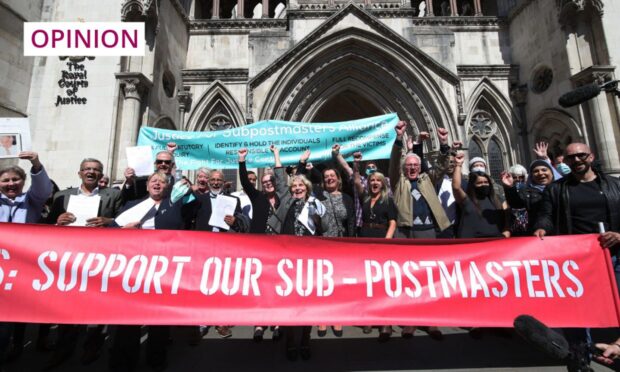
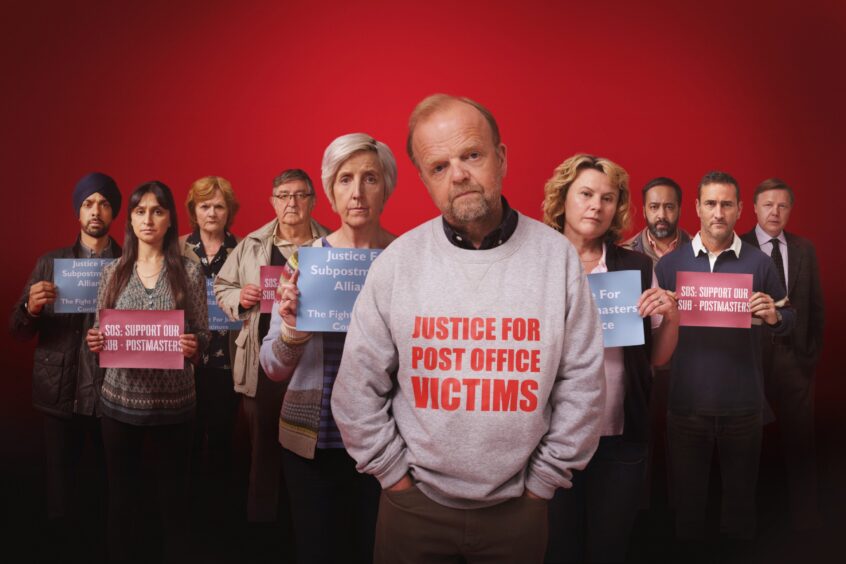
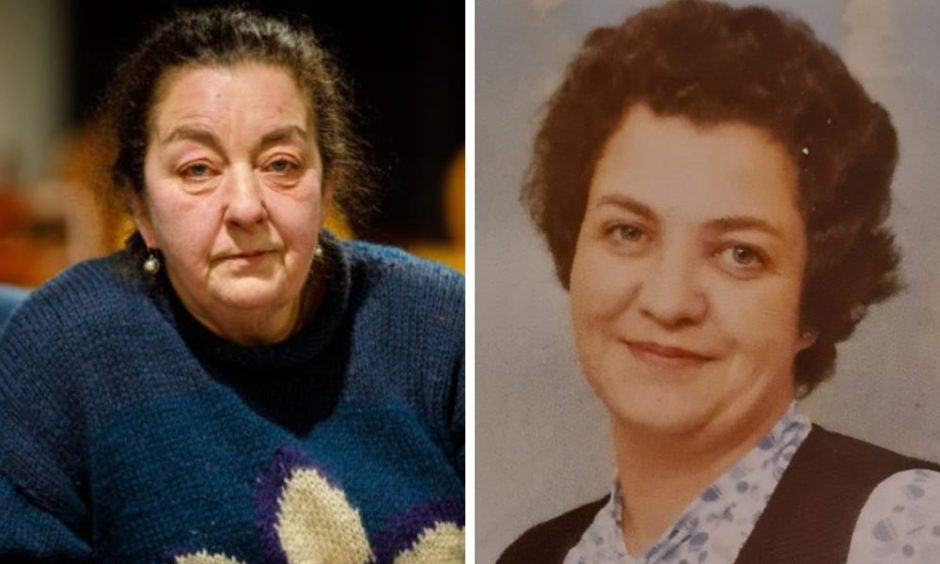
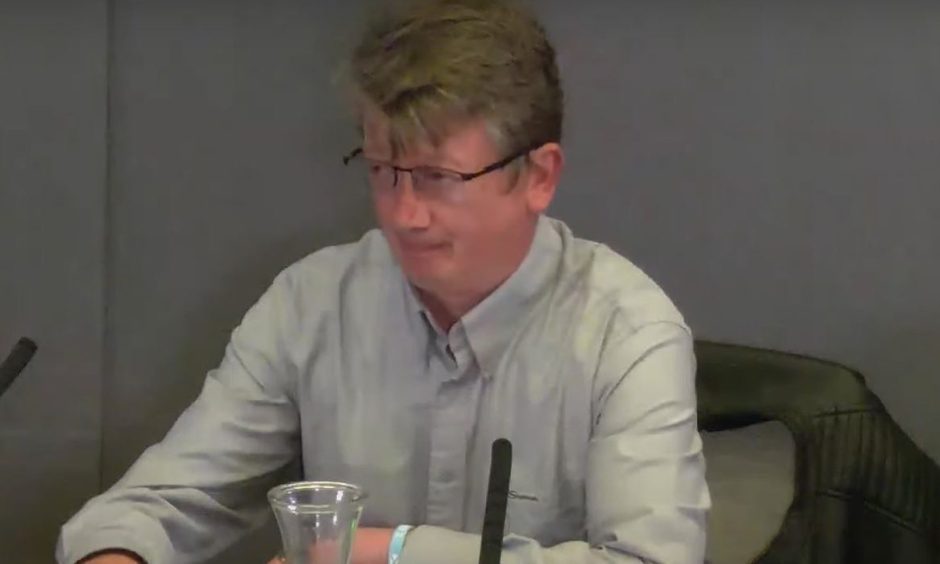









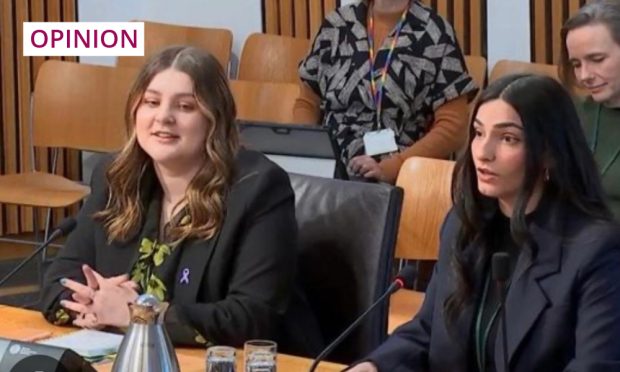

Conversation